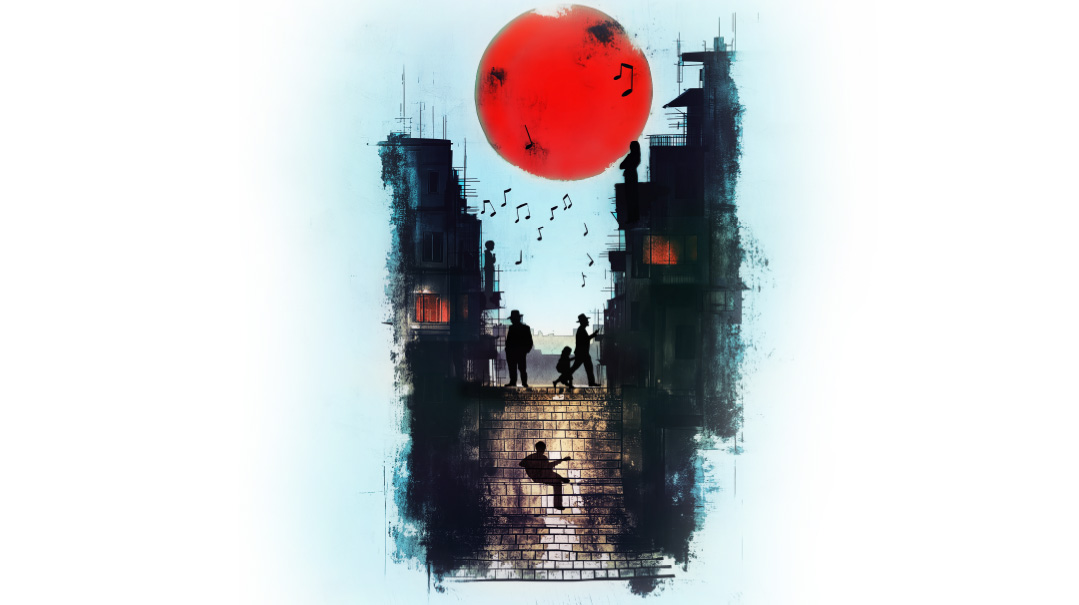Last Stop: Chapter 3
| February 28, 2023“Wednesday,” Naftali echoes, suddenly exhausted. “You’re picking out a sheitel for Wednesday? It’s Monday”

It’s just after six in the morning when Naftali gets home from shul. At this hour, the house is unnaturally silent, the chatter of daughters replaced with the silence of slumber. He grabs his coffee and breakfast, and slips out before he wakes anyone.
But today, when he pushes the front door open, Chana is framed in the hallway, wide awake, and holding a brush in her hand.
He nearly jumps. “Chana! Is everything okay? Are the kids all right?”
“Do you think I look more professional in my sheitel or my fall?” she demands, and Naftali blinks at her, lost for a response.
Chana doesn’t wait for one. “I woke up with your alarm this morning,” she says, though there’s no accusation in her voice. “And then, instead of falling back asleep like a sensible person, I decided to panic that I have nothing to wear to Rivky’s dinner on Wednesday.”
“Wednesday,” Naftali echoes, suddenly exhausted. “You’re picking out a sheitel for Wednesday? It’s Monday.”
“It’s for new mothers at Ohr Gershon,” Chana reminds him. “Ari is starting next fall. These are going to be his classmates’ mothers.” She wrinkles her nose. “They’re probably all going to be, like, twenty-five, and I’m going to look ancient next to them.”
Then, to Naftali’s relief, Chana stalks into the kitchen and emerges with an insulated mug of coffee. “Yours,” she says. “I don’t let myself have coffee until I’ve dragged Meira out of bed. It’s my morning treat for dealing with our monsters.” She says it fondly, but she does toss a wary glance toward the staircase where said monsters are still sleeping peacefully.
Oops! We could not locate your form.



